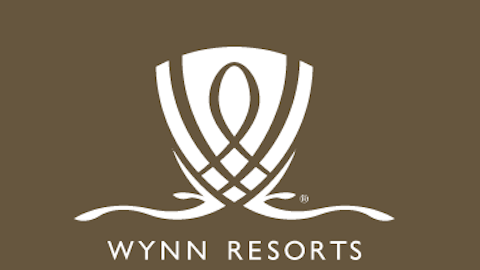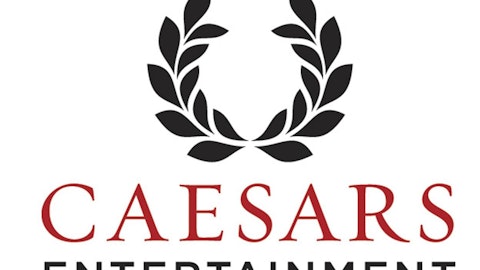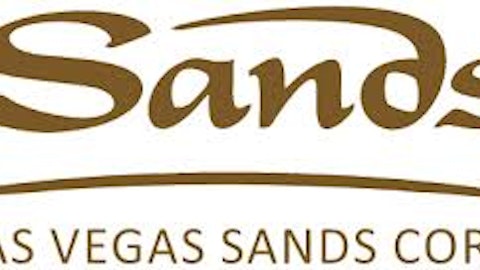Right now, Macau is the only place in China where gambling is legal. This fact has provided the insulation Macau has needed to become a $38-billion-per-year gambling hub. It provides the growth that has driven Las Vegas Sands Corp. (NYSE:LVS), Wynn Resorts, Limited (NASDAQ:WYNN), and Melco Crown Entertainment Ltd (ADR) (NASDAQ:MPEL) over the past few years, leaving domestic gaming rivals in the dust.
But throughout history, when one jurisdiction finds gaming to be successful, other jurisdictions see the allure to add their own games. Since China controls gaming, unlike states in the U.S., there isn’t the same threat faced by Las Vegas, but it’s nothing to sneeze at when $38 billion is at stake. That’s why games of chance popping up in Hainan, China, with rumors that the government is “testing” gambling there is noteworthy to say the least.

The city of Sanya, Hainan, sits on the southern end of an island off the southern tip of mainland China. The city is known for having phenomenal weather year round, with some calling it the “Oriental Hawaii.” This is where the possibility of expanded gaming in China lies.
In December, a resort called Mangrove Tree Resort World opened a casino bar called Jesters, which took bets of tickets that could be converted to iPads or other goods. Think of it like an adult version of CEC Entertainment, Inc. (NYSE:CEC). It’s not exactly gambling but at the same time it is gambling, so it’s something Macau should take seriously.
Real estate mogul Zhang Baoquan owns Mangrove Tree Resort World and he says the casino is a test that the government is watching and so are companies. MGM Resorts International (NYSE:MGM) has a resort there and Caesars Entertainment Corp (NASDAQ:CZR) is set to open one in 2014. If gaming is approved, they could be first in line for a seat at the table.
Before you go selling companies related to Macau, you should know that gaming is still a long way from a reality in Hainan at this point. After Reuters wrote about the Jesters casino, Chinese authorities shut it down, saying it was approved to be “entertainment in nature, but inside the bar there are some games and they’ve gone beyond the scope of the regulations.” For now, Macau is safe. But what if gaming is approved on Hainan Island?
Macau’s advantages
If Hainan is competing with Macau, it’s important to look at the advantages each area has. Macau, largely reliant on VIP gaming until recent growth in mass play, has a far larger population mass to draw from, with Hong Kong and Guangzhou a short distance away. Growing infrastructure in Guangzhou is responsible for a lot of the growth in mass-market play, and this trend should improve as roads and mass transit are added in the area.
On the VIP side, the dirty little secret of Macau — money laundering — would also not likely vacate Macau for Hainan. Hong Kong is close by Macau and this is often pointed to as a key step for wealthy Chinese to bring more than is normally allowed outside of China each year. For the most part, Macau is safe from giant disruptions, especially before major infrastructure and resorts are built, which could take a decade — assuming gaming is allowed at all. But gaming so close to home would definitely have a negative impact on Macau.




